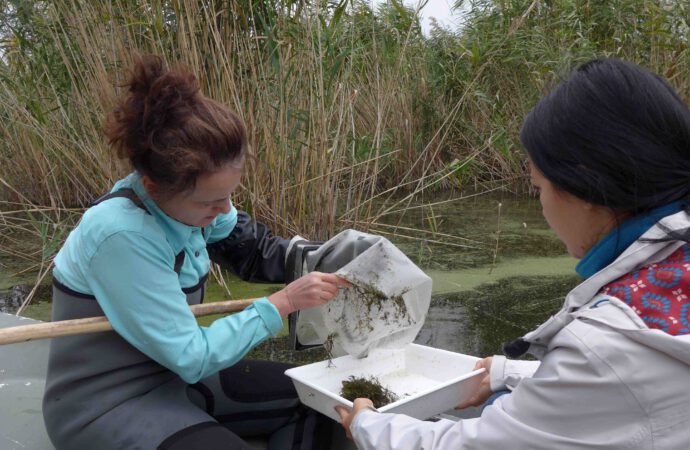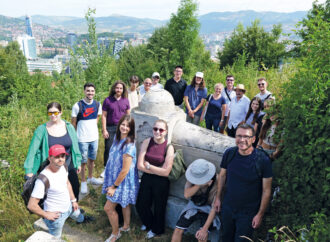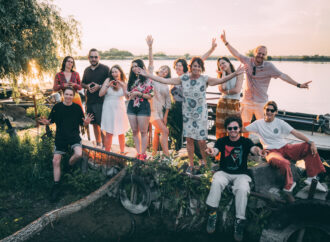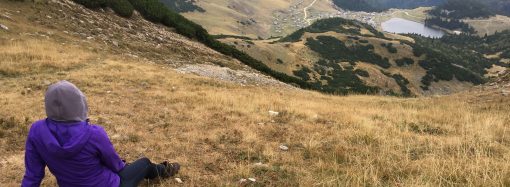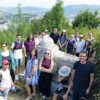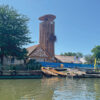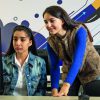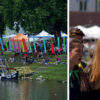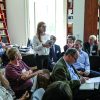Expansion of a cross-border network funded by the Baden-Württemberg Foundation within the framework of the program Perspective Danube 2021-2023. In order to strengthen the sustainable use of nature, the network involves training nature guides in the Danube countries, promoting cross-border exchange, and supporting social developments. The project proposed by the Lake Constance Region Nature School
Expansion of a cross-border network funded by the Baden-Württemberg Foundation within the framework of the program Perspective Danube 2021-2023.
In order to strengthen the sustainable use of nature, the network involves training nature guides in the Danube countries, promoting cross-border exchange, and supporting social developments.
The project proposed by the Lake Constance Region Nature School pursues the following objectives:
■ Dissemination of innovative educational concepts and models for environmental education on the topics of water and water bodies, floodplains, ecosystem services of flowing waters;
■ Educational and qualification courses for different target groups, e.g. rangers, nature park staff , teachers, NGOs;
■ Improvement of the professional and methodological knowledge of specialists and managers in the Danube basin with regard to environmental education and nature conservation on water bodies.
In Romania the Nature Park “Comana”, as well as the Nature Park “Small floodplain of Brăila”, and the non-profit organization EcoAssist are involved as
partners.
Biological sampling of aquatic animals in 2022 serves several parallel objectives:
■ As an inventory of the animals inhabiting the Danube and the tributaries of the nature parks, and
■ as educational visual aids that can be used to identify the most appropriate and interesting animal or plant species.
For this purpose, the two coordinators, Dr Costea and Dr Schmidt-Halewicz, both passionate aquatic researchers (limnologists), chose these two natural parks in the south-east of Romania: nature park “Comana”, and the nature park “Small floodplain of Brăila”.
In September 2021, the two coordinators traveled to the lower Danube to train the park staff. A first-generation Danube nature guide and biologist from Galaţi was also trained at the Little Floodplain of Brăila Nature Park on how to conduct the sampling, which she will do at monthly intervals starting in April 2022 until September.
The biological material collected in the six sampling sessions in the two nature parks will be analyzed and evaluated by Dr Schmidt-Halewicz in Konstanz. The results of the samples from the Danube and the nature park waters will be compiled in a guide for the identifi cation of aquatic invertebrates (so-called macroinvertebrates) and a guide for biodiversity on the Lower Danube, which will be developed for these parks.
Likewise the life of some aquatic creatures will serve to tell a dramaturgically interesting story, which will give the younger participants (children) an idea of life in the Danube region. An example: the freshwater seahorse Sea Needle (photo). The point of reference here is Mörike’s tale of the beautiful Lau.
Sabine Schmidt-Halewicz
Special publication of Baden-Württemberg Foundation


